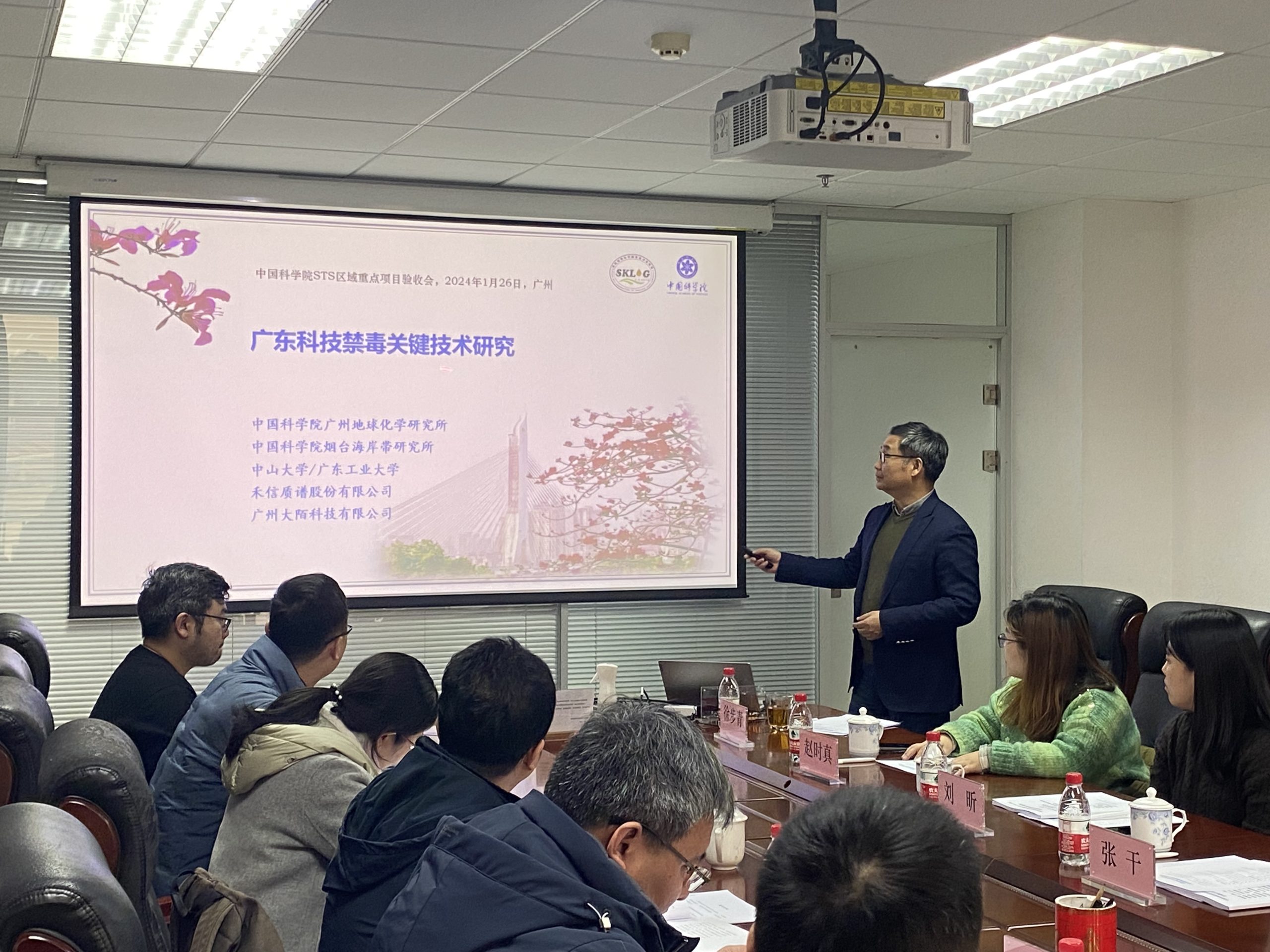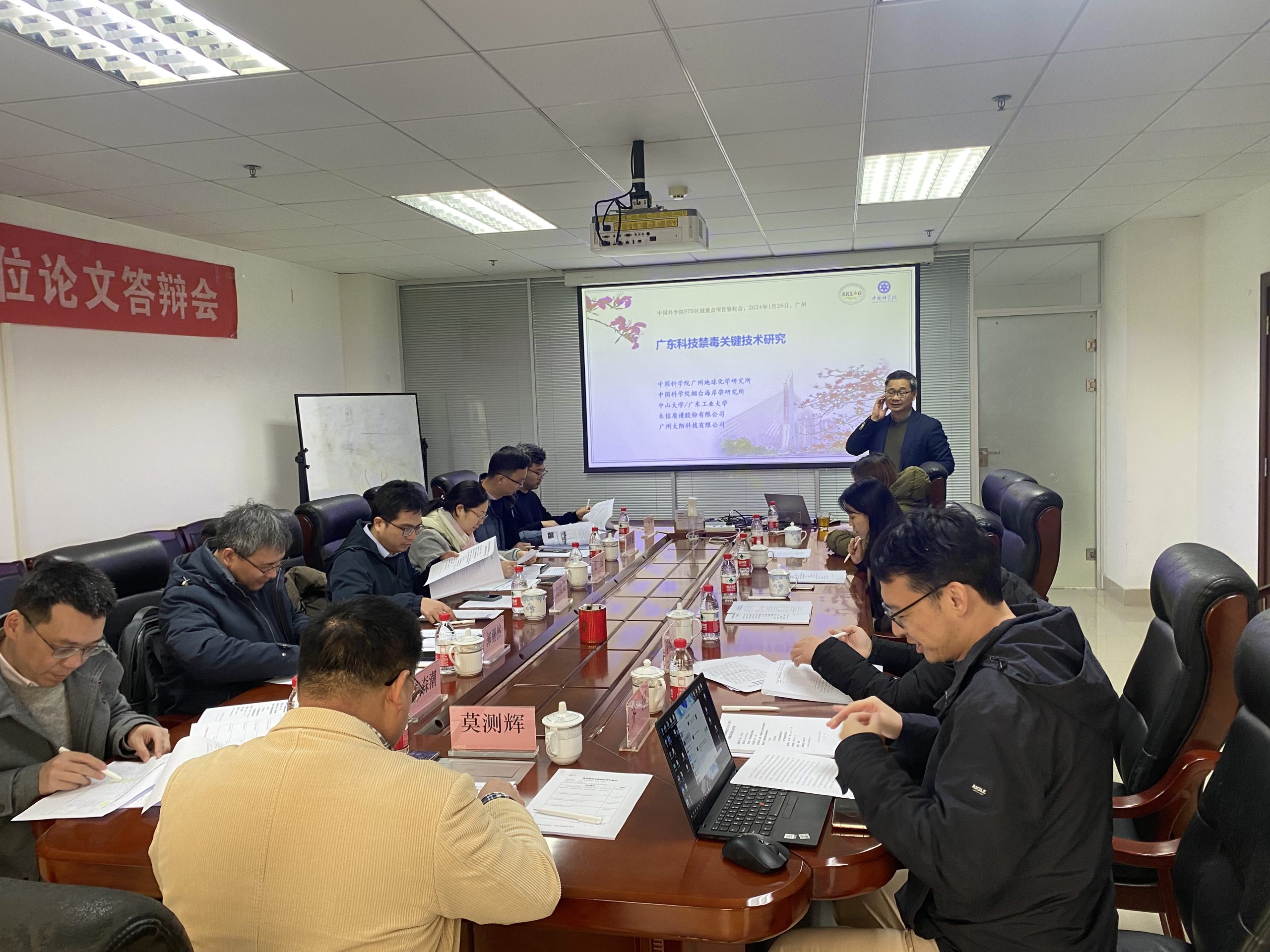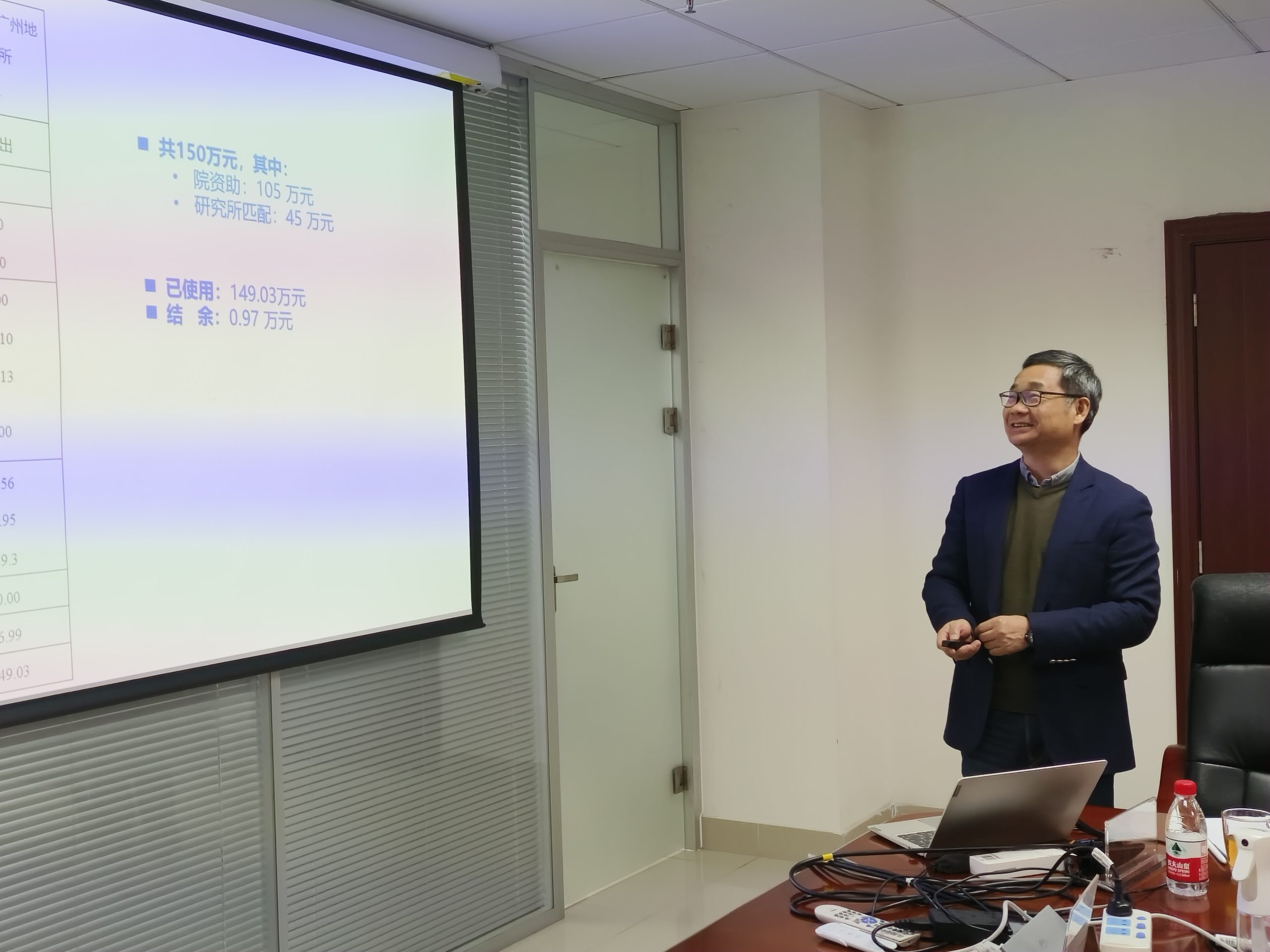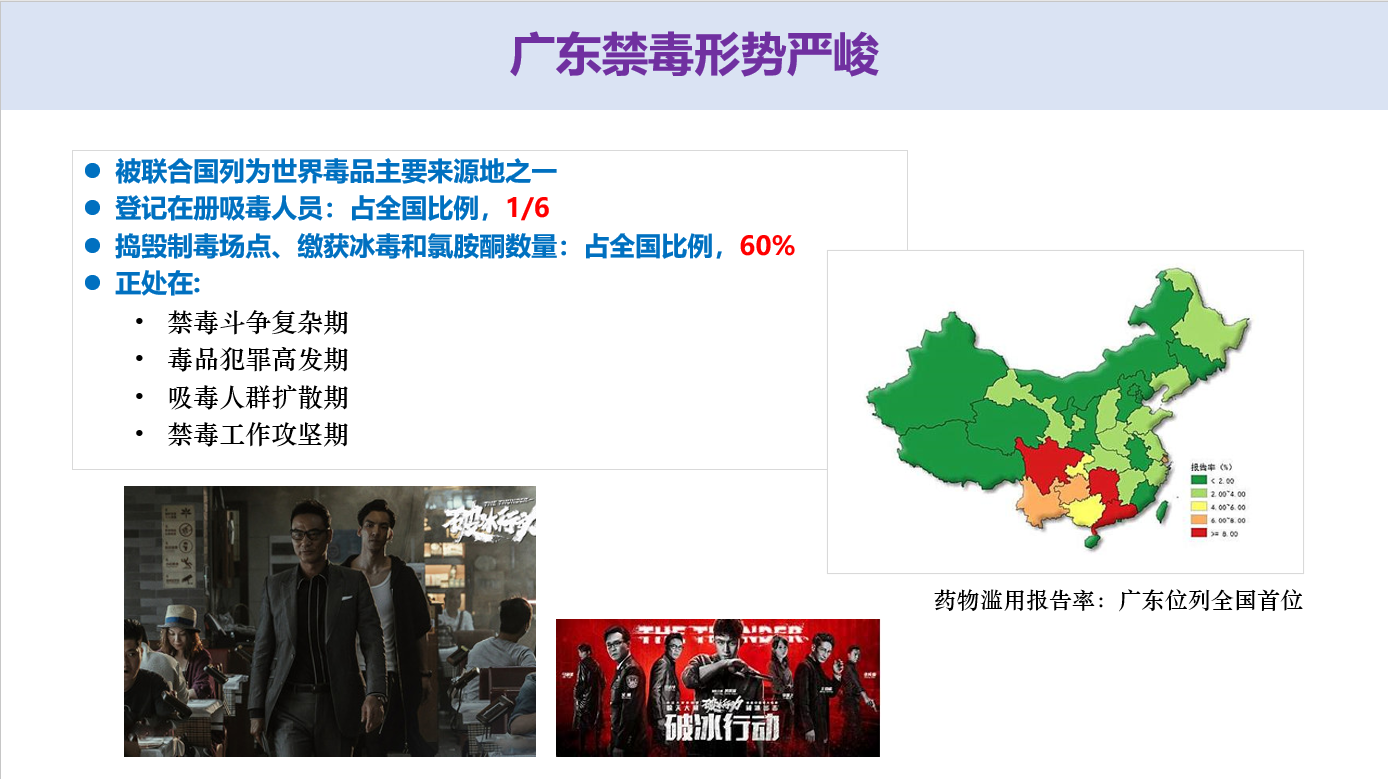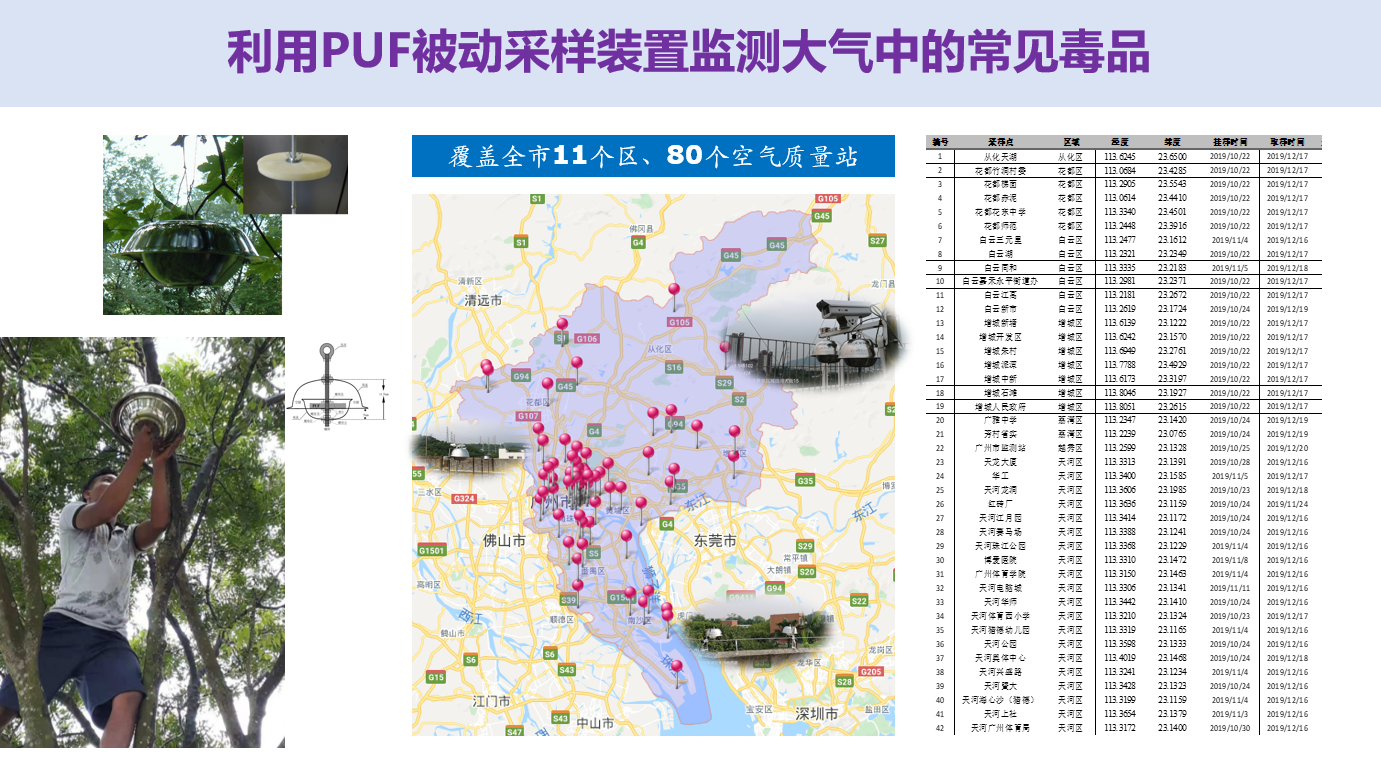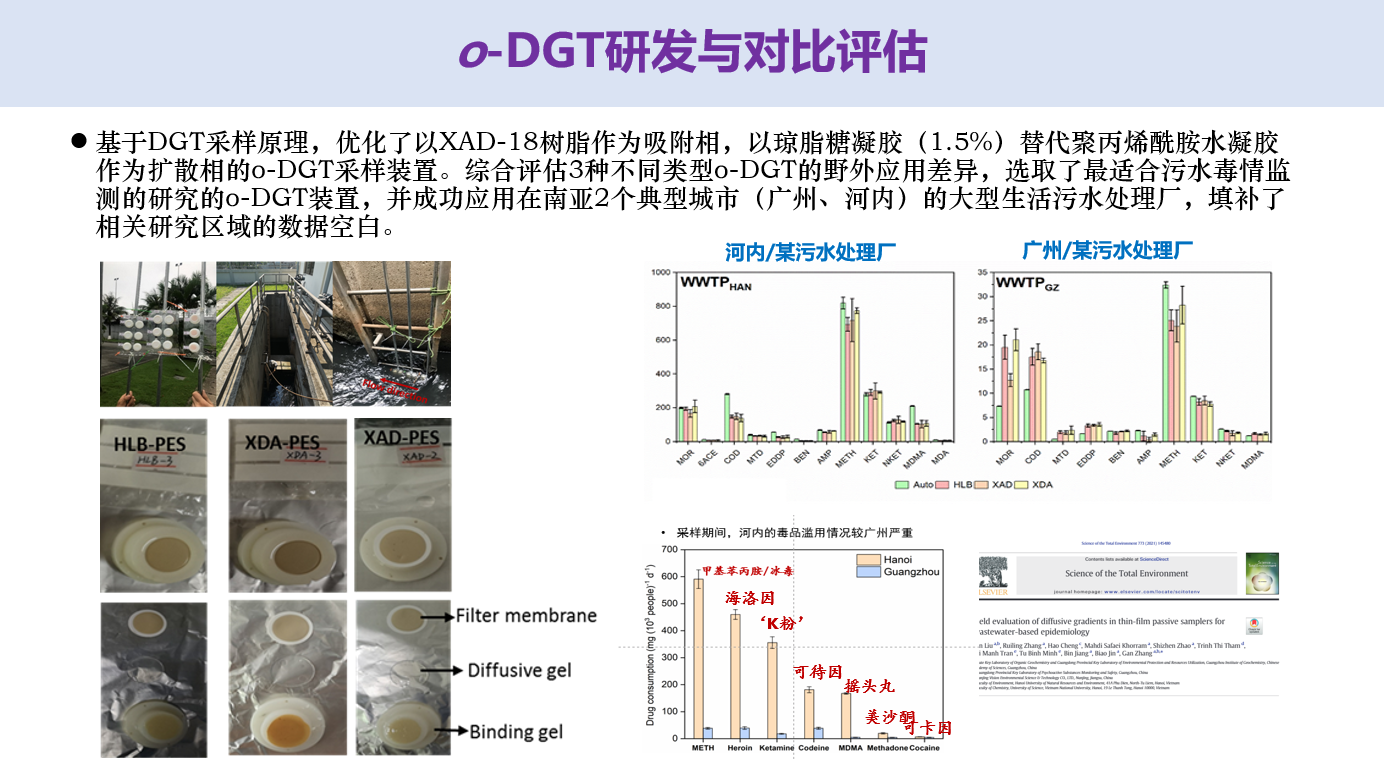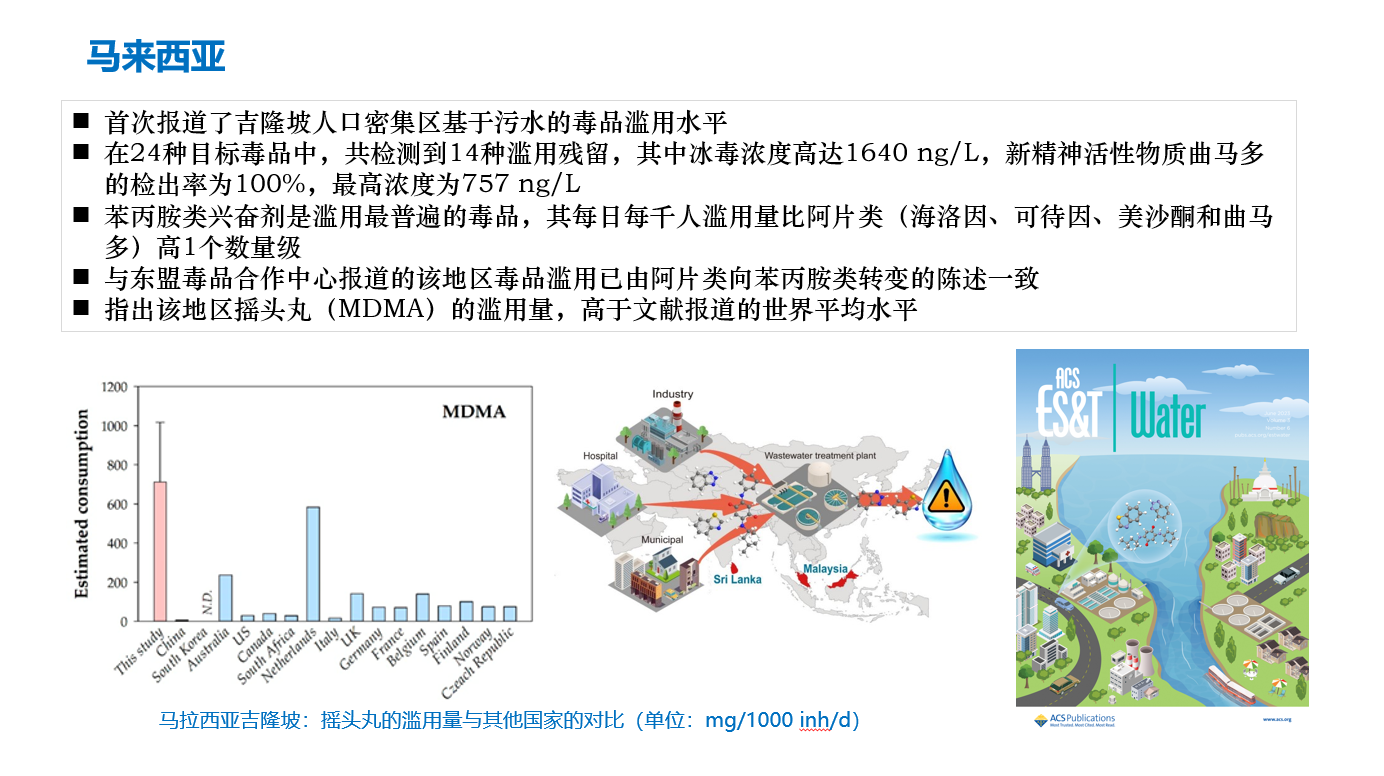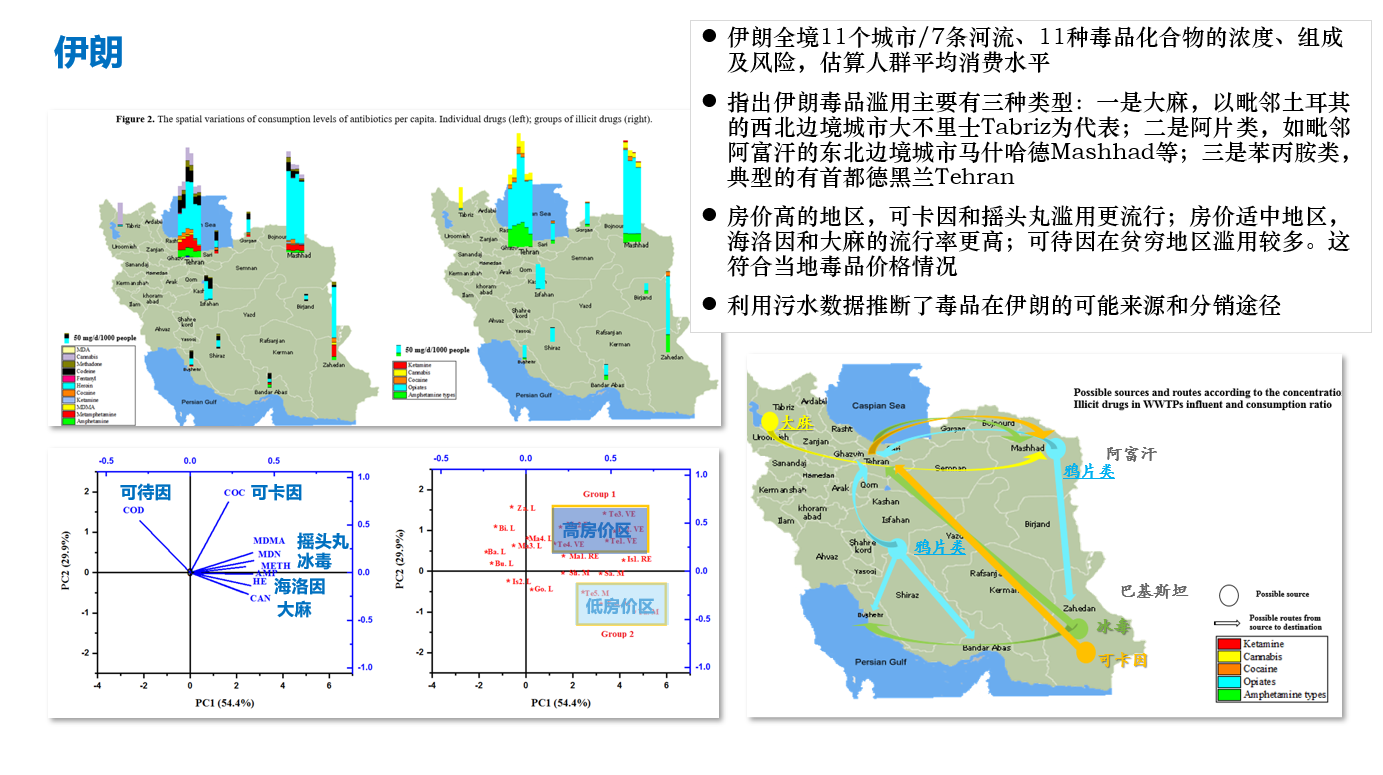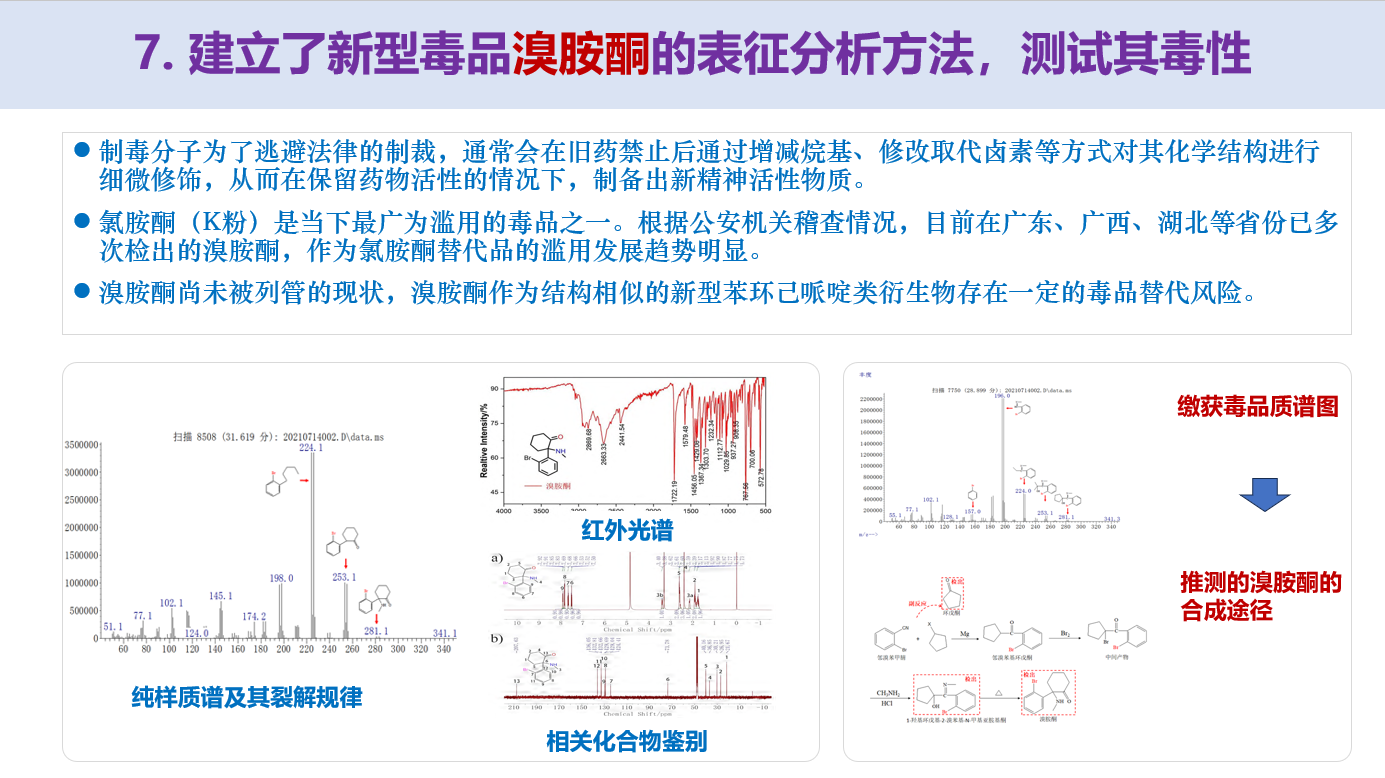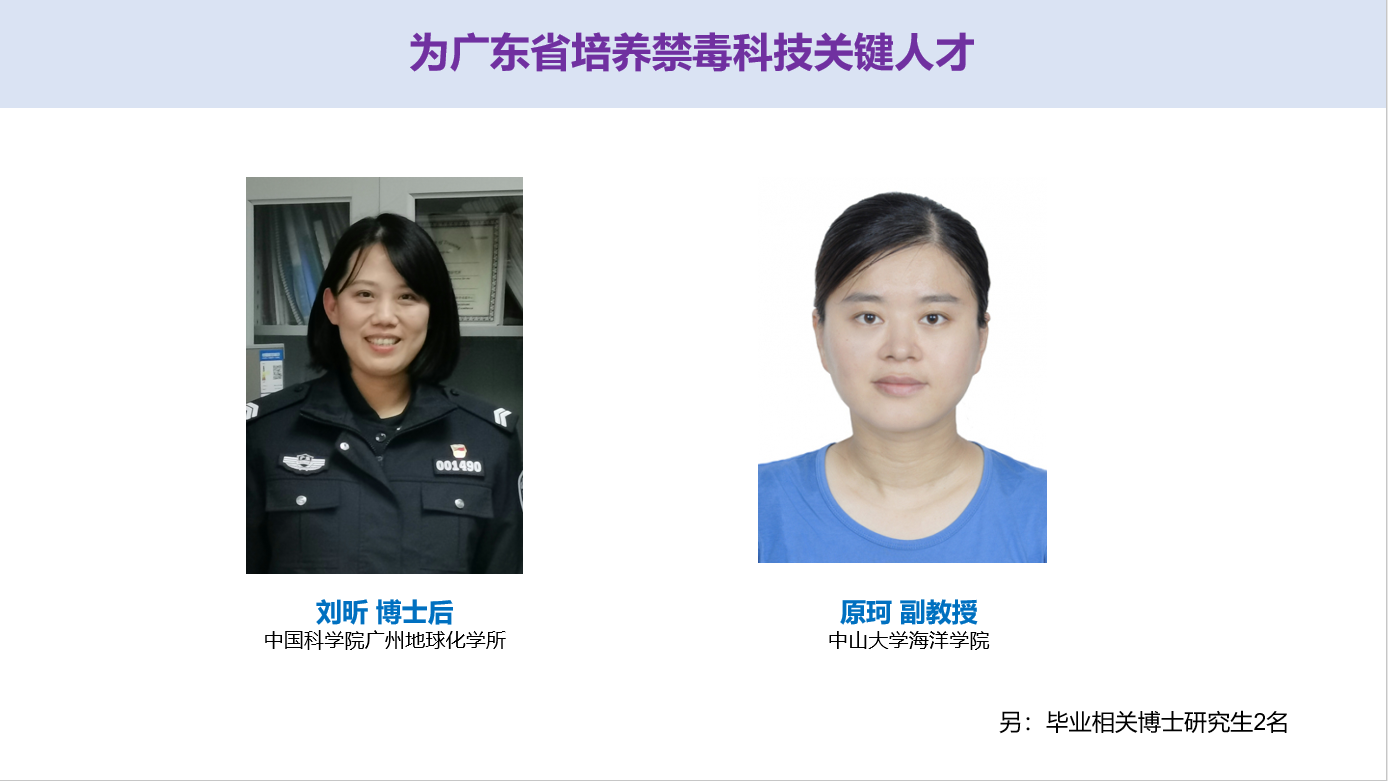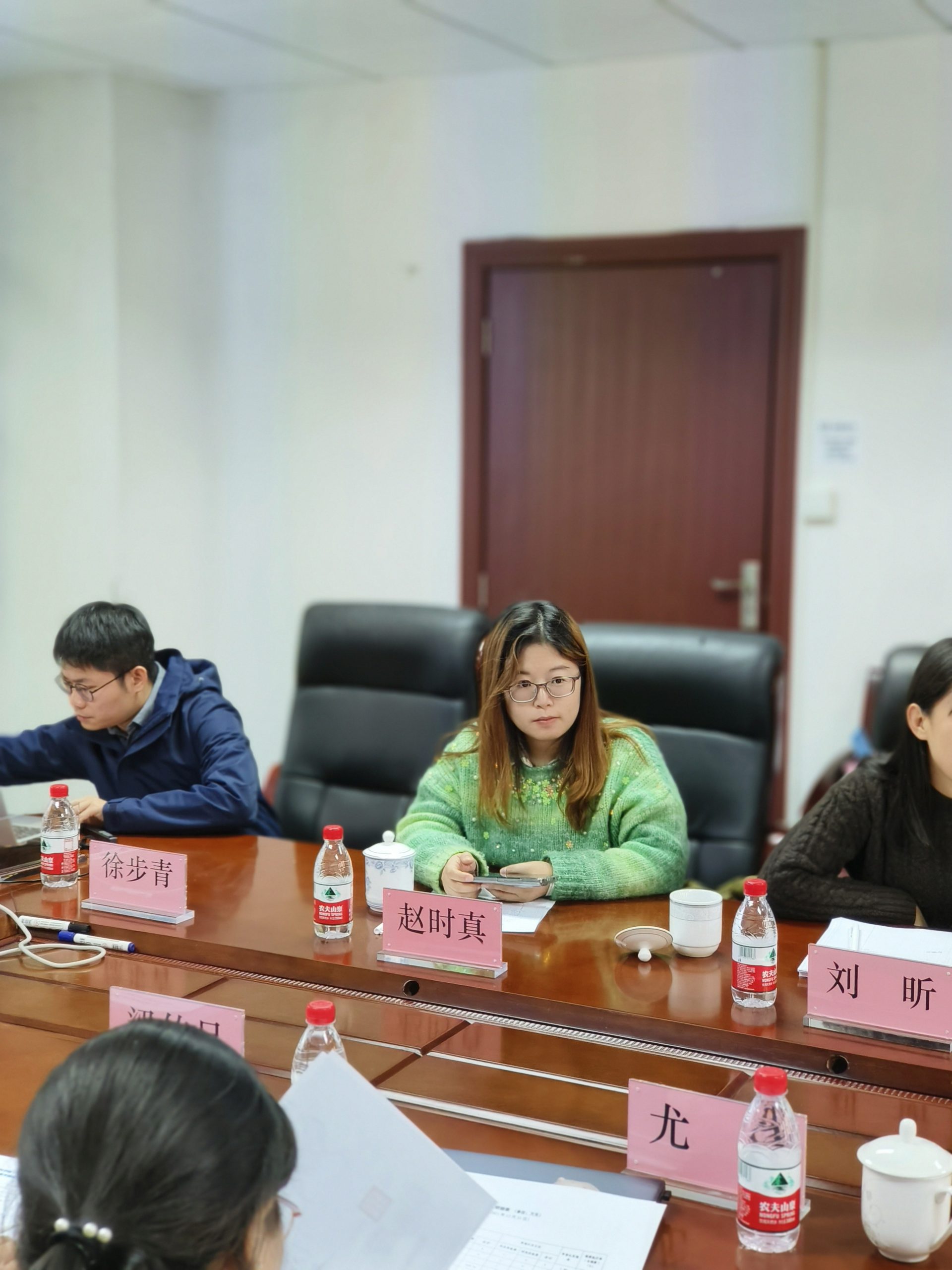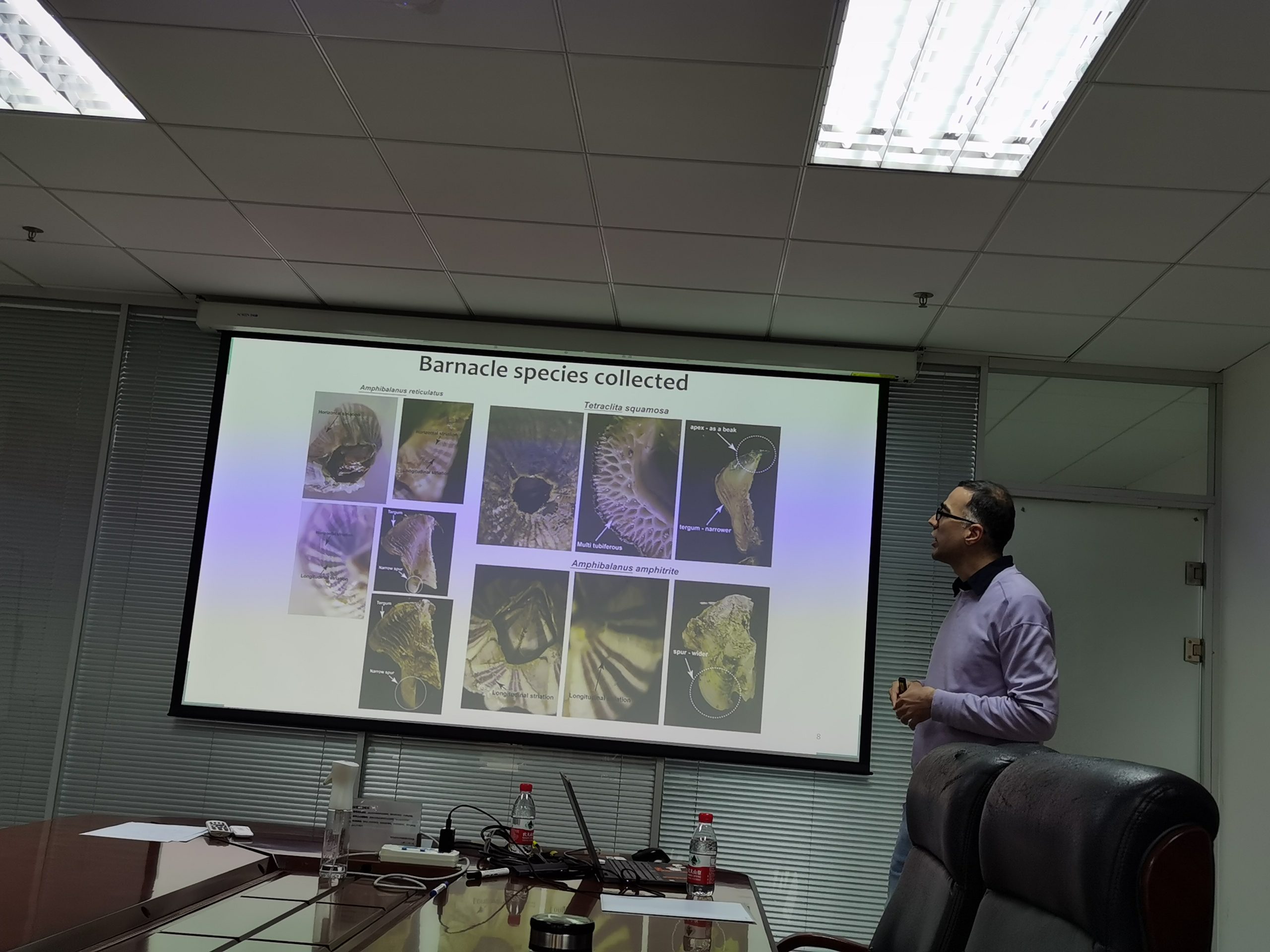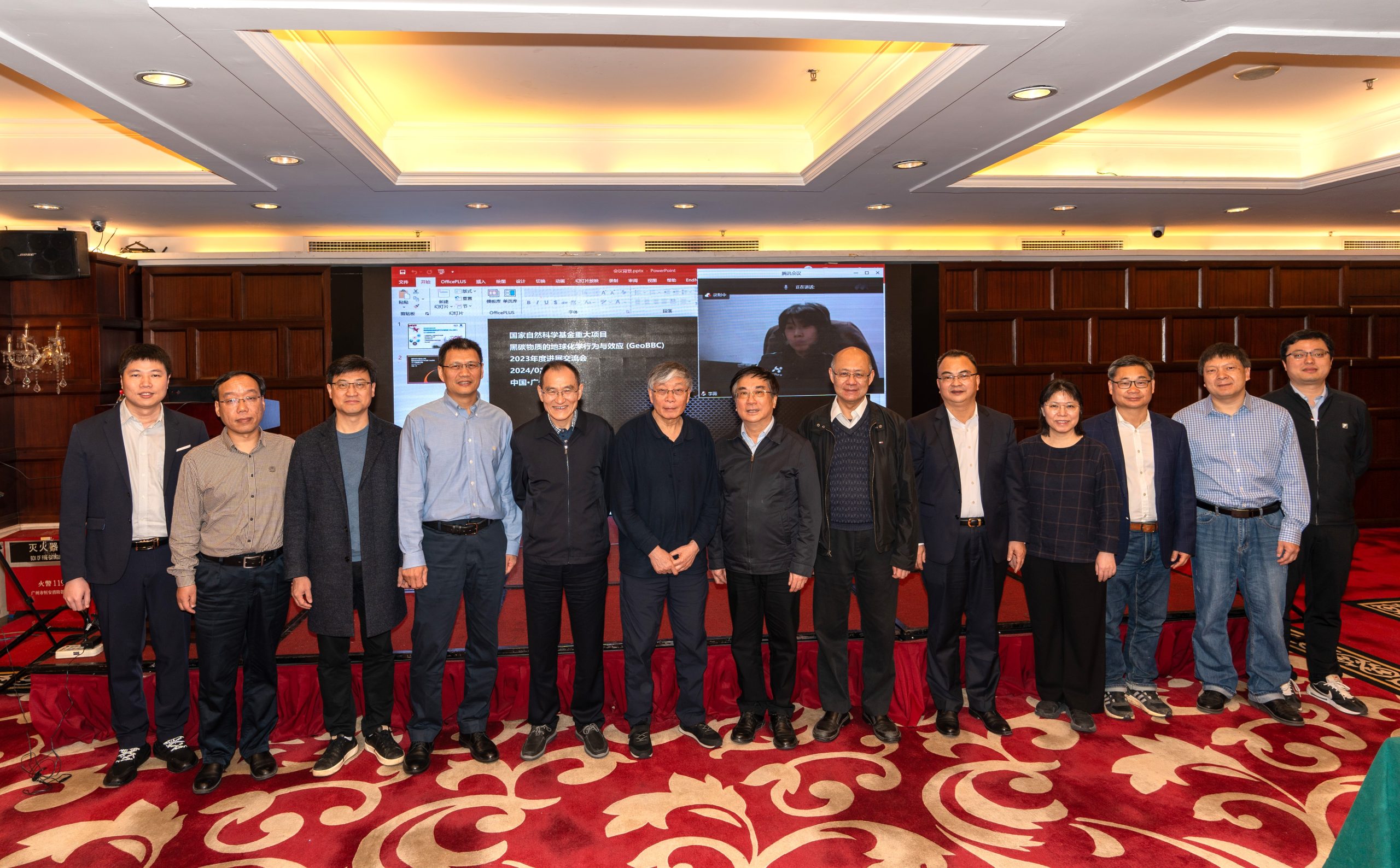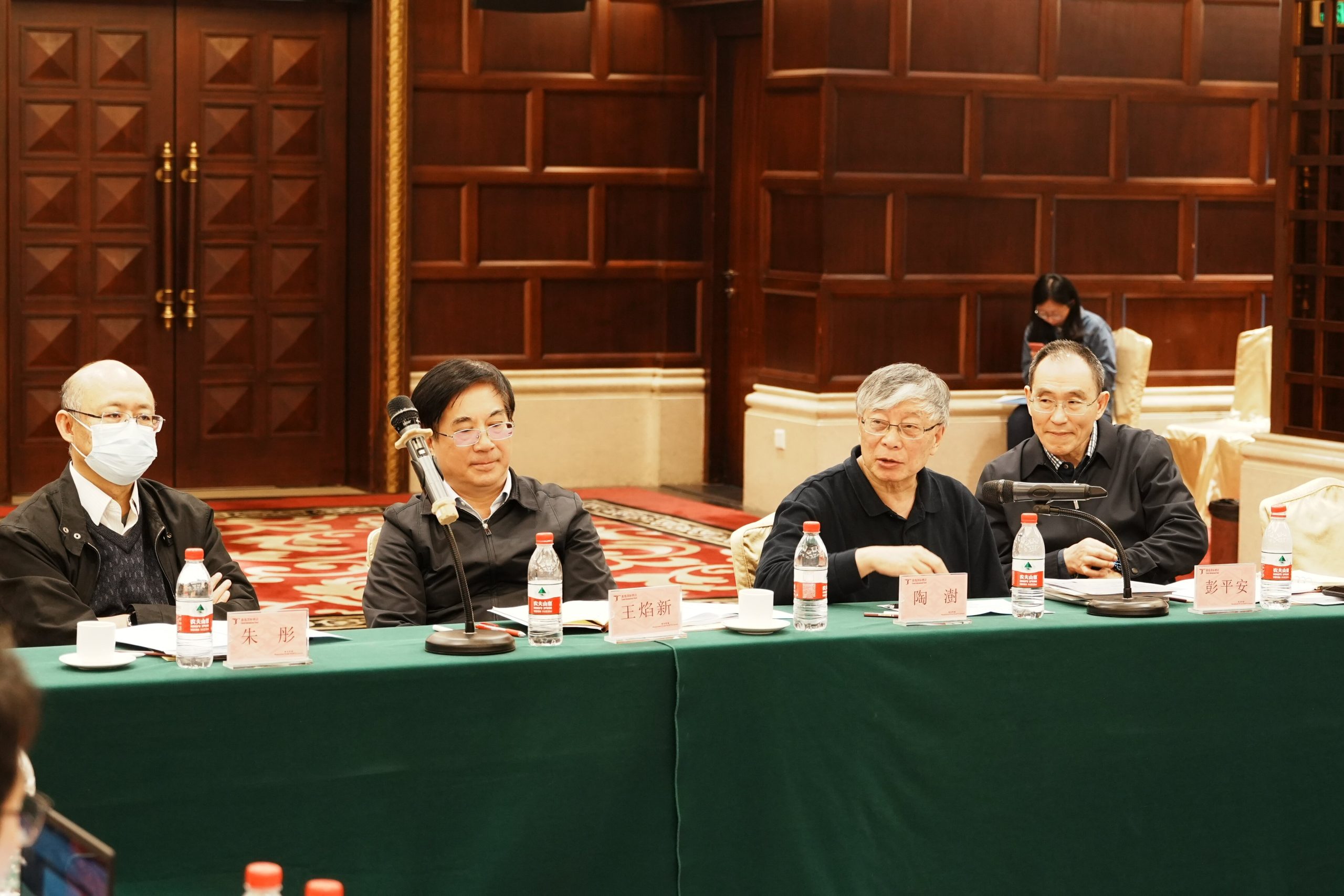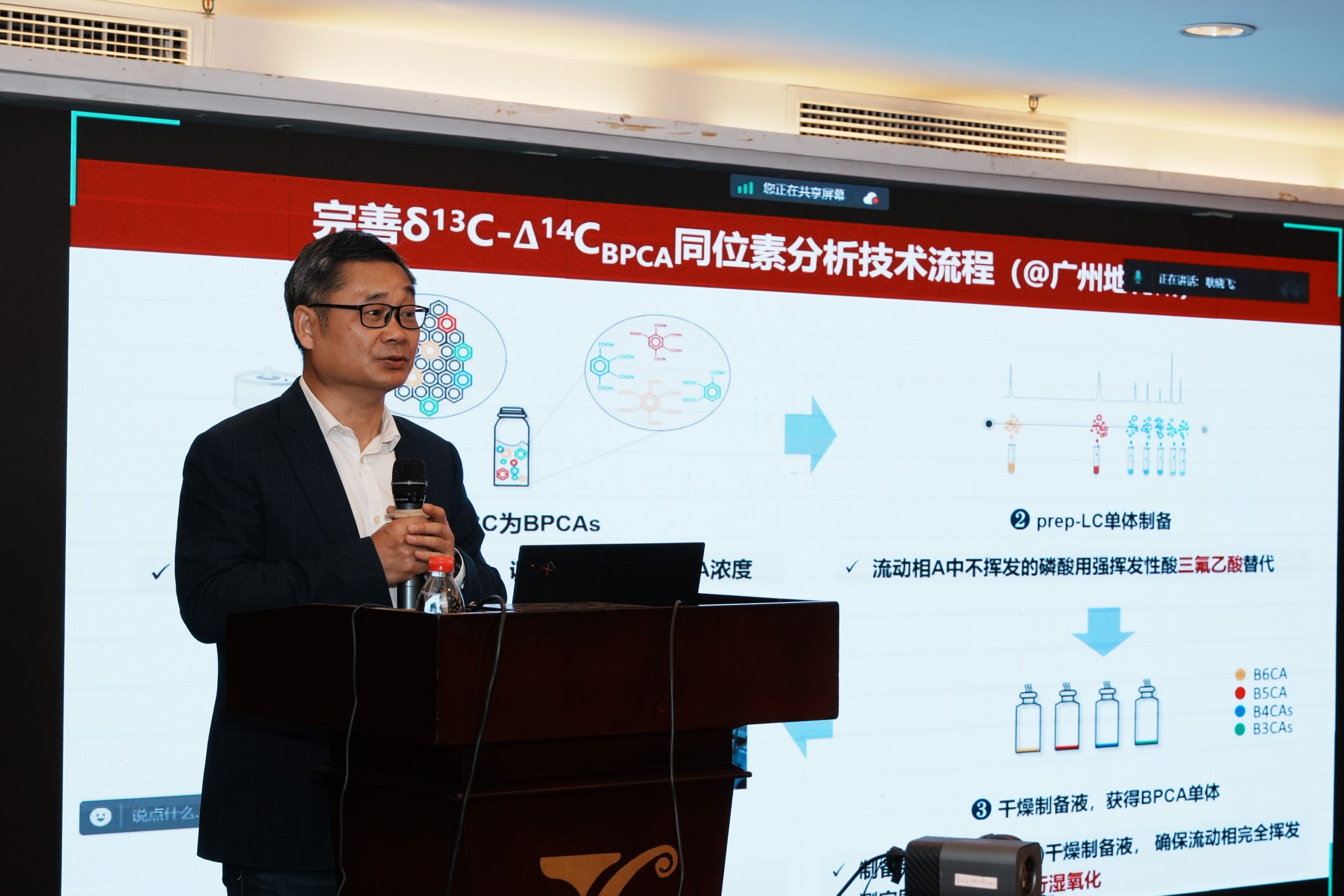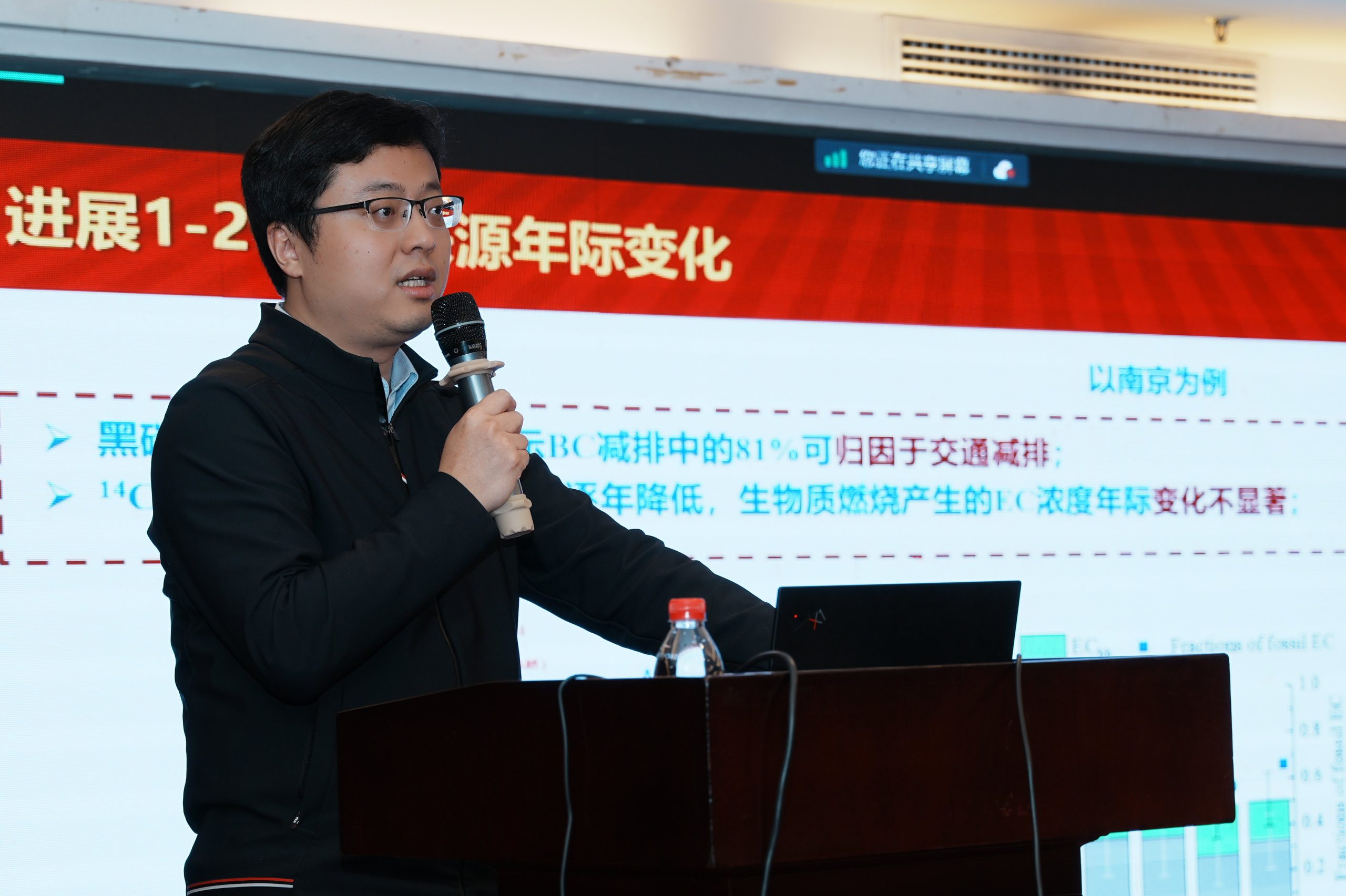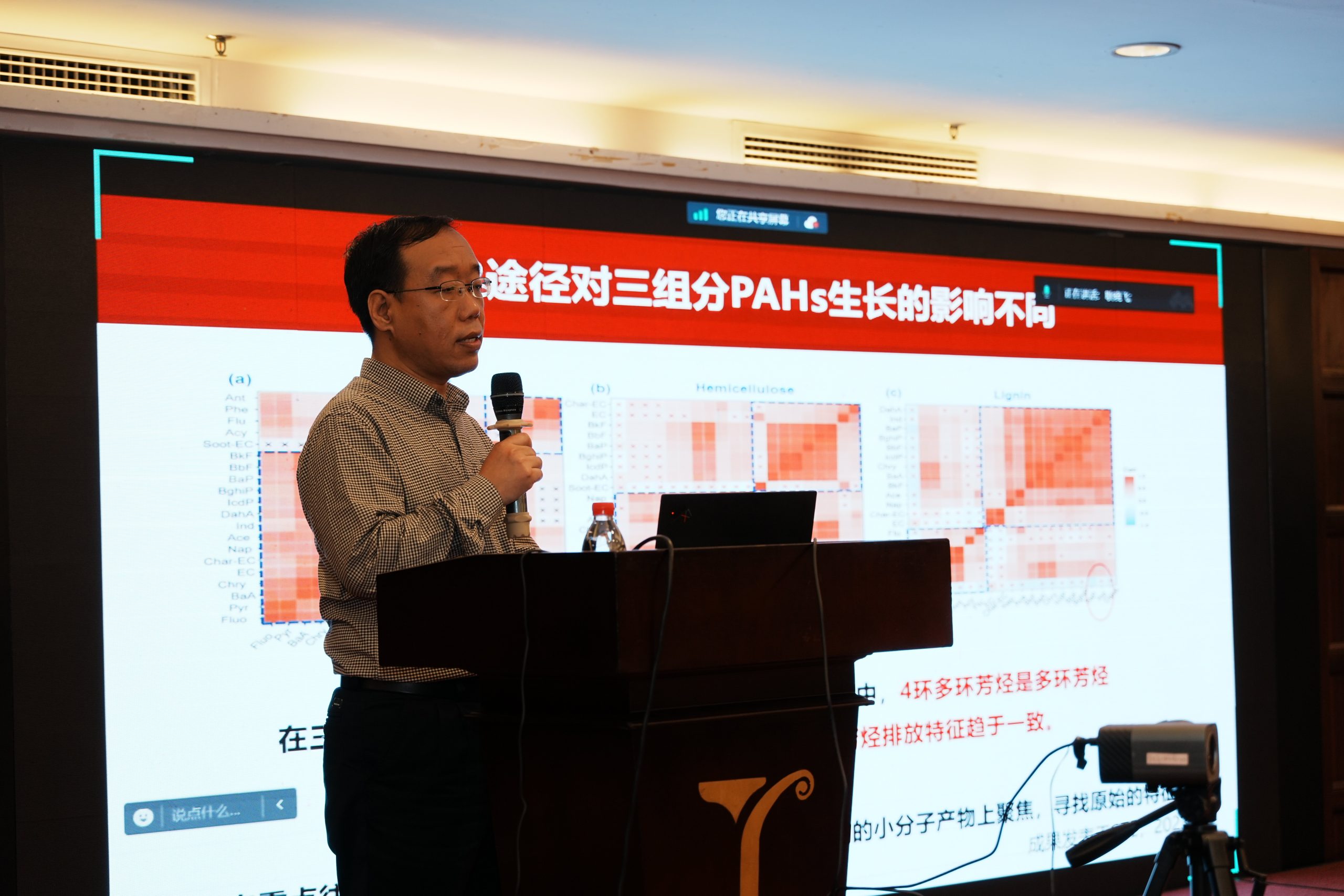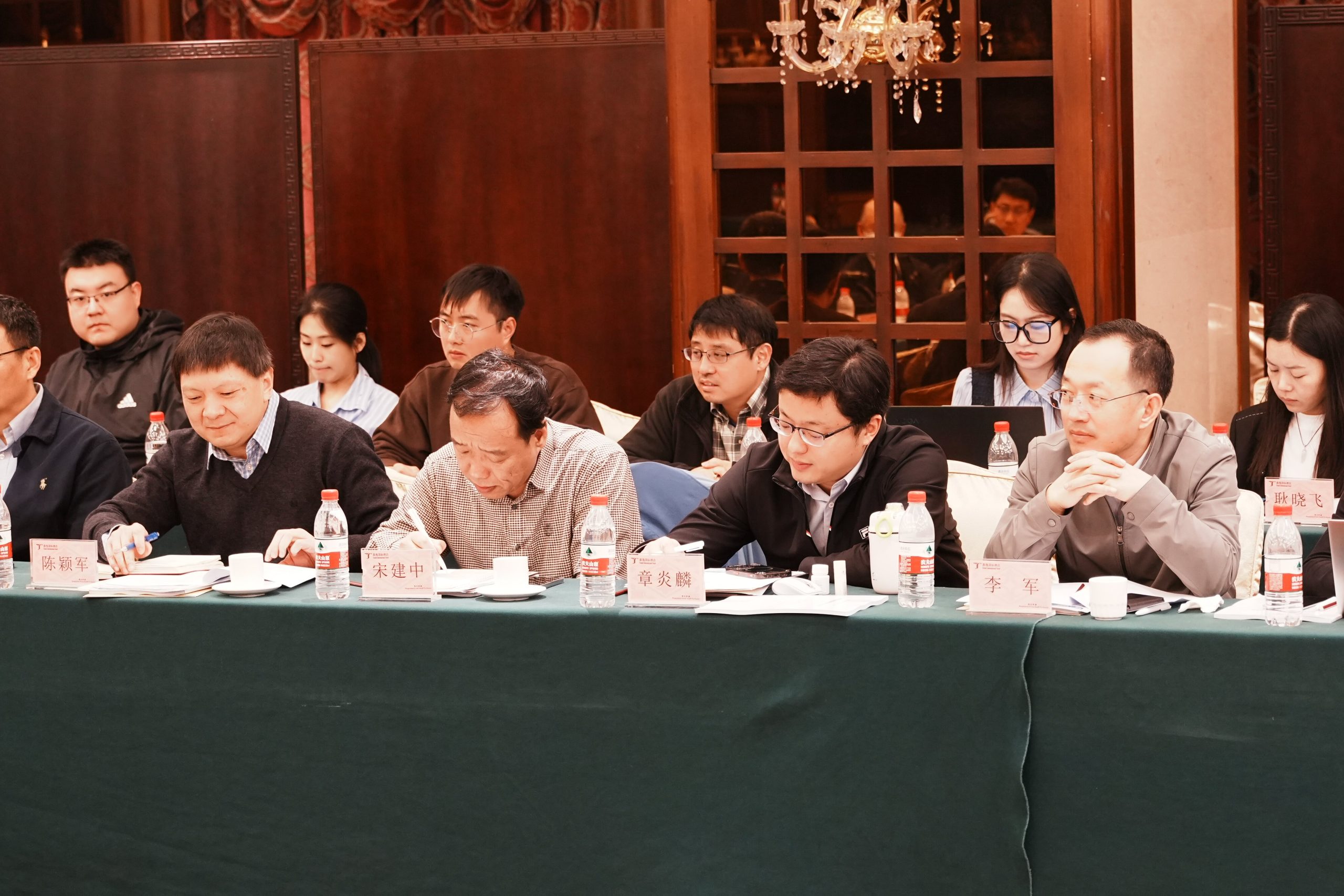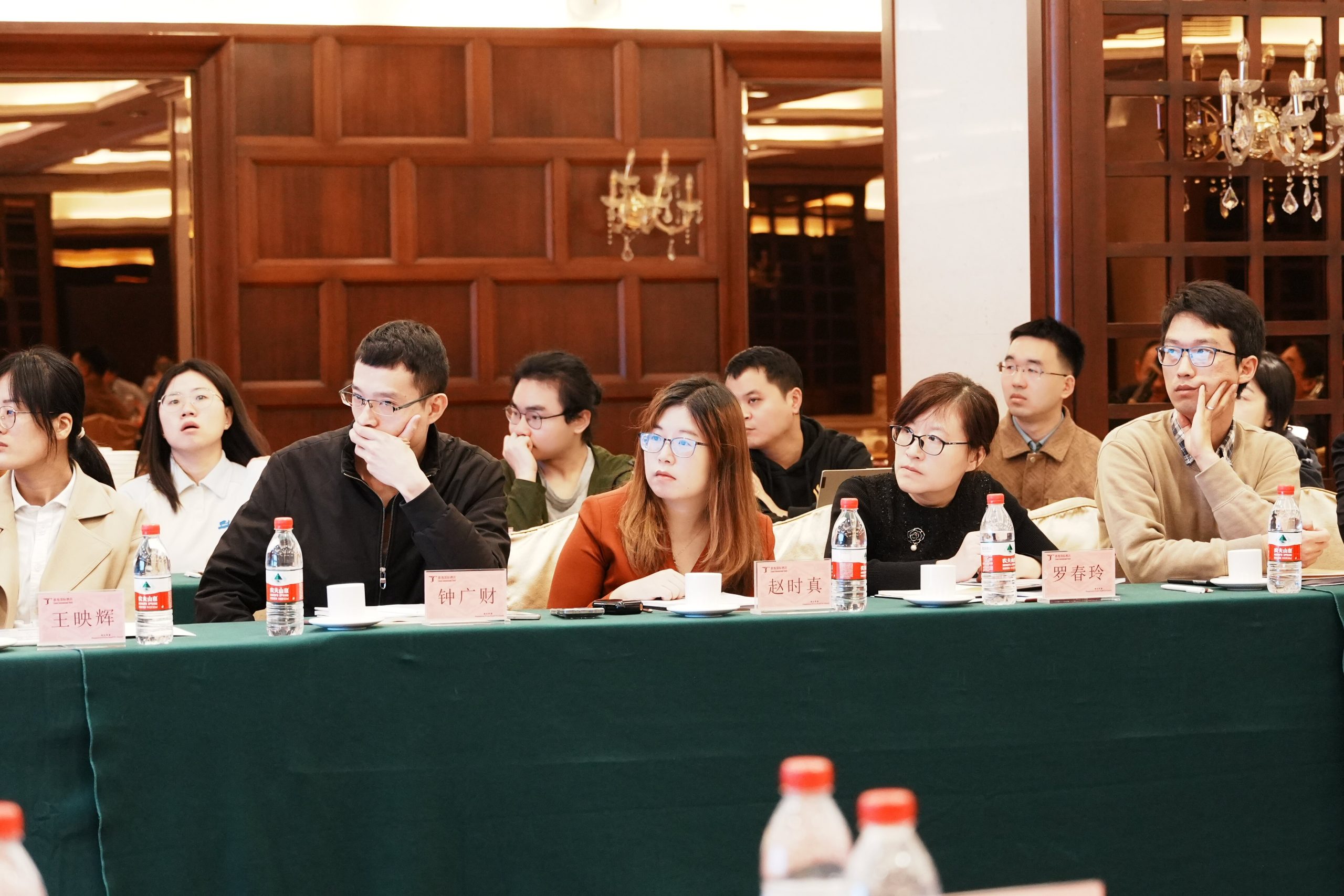On Jan the 26th afternoon, an expert committee came to the institute for the final assessment of our STS (Sci&Technol Service) project on key technologies in illicit drugs control. The committee was led by Professor Mo Cehui (莫测辉) of JNU, joining with professors Lai Senchao (赖森潮) of SCUT, Guo Pengran of Guangdong Institute of Analytical and Testing Technology (郭鹏然,广东省科学院分析测试技术研究所) and Liu Junwen of JNU. The STS project, with collaborators from SYSU, Damo Co Ltd (大陌科技)and Hexin Co Ltd (禾仪质谱), developed key technologies spanning from wastewater based epidemiology (WBE), passive air sampling (PAS), online VOCs analysis, stable isotopes etc to remit the critical need of the local government/police on the effective control of illicit drugs. The committee members all gave high praise of the outcomes of the project. Liu Xin helped initiating and carrying-out the project, while in the meantime brought up herself as a police lady who works with illicit drug control. Buqing prepared the technical report, Shizhen arranged the event. Despite we have decided to stop dealing with illicit drugs, we would still continue with our endeavor on wastewater-based epidemiology (WBE)!
The event.
Snapshots of the project activities.
Liu Xin, by carrying out the STS project, has made herself a lovely and professional police lady.
Buqing and Shizhen managed the event.

